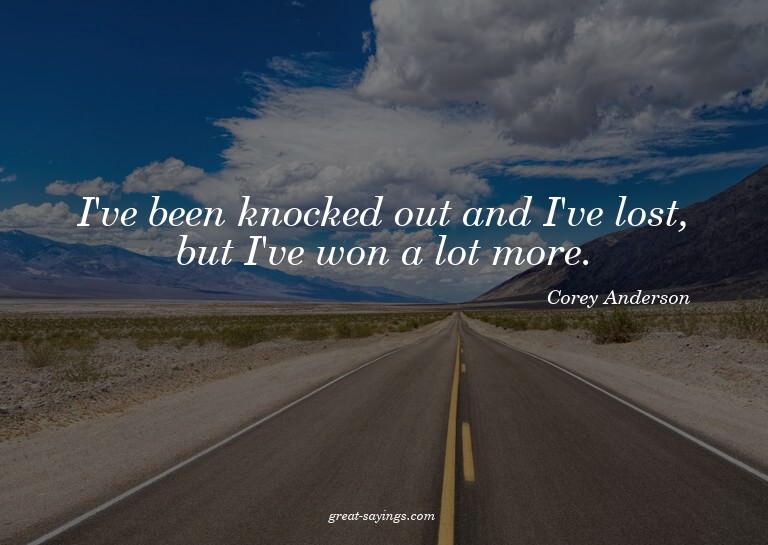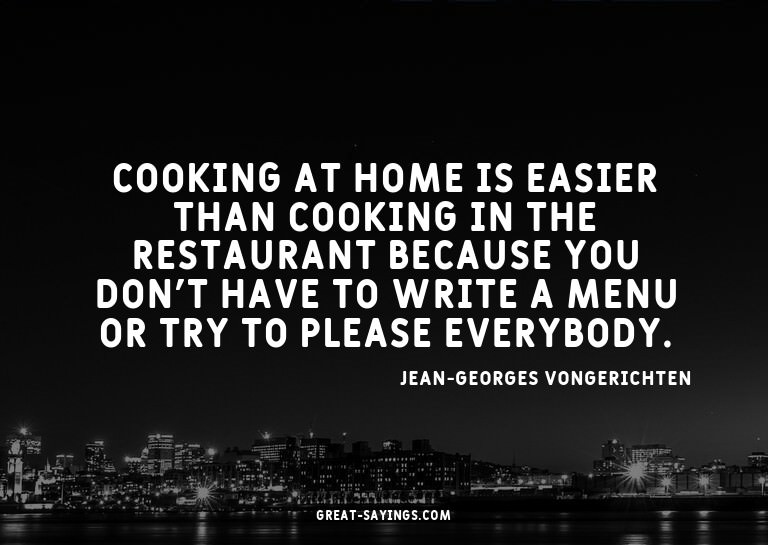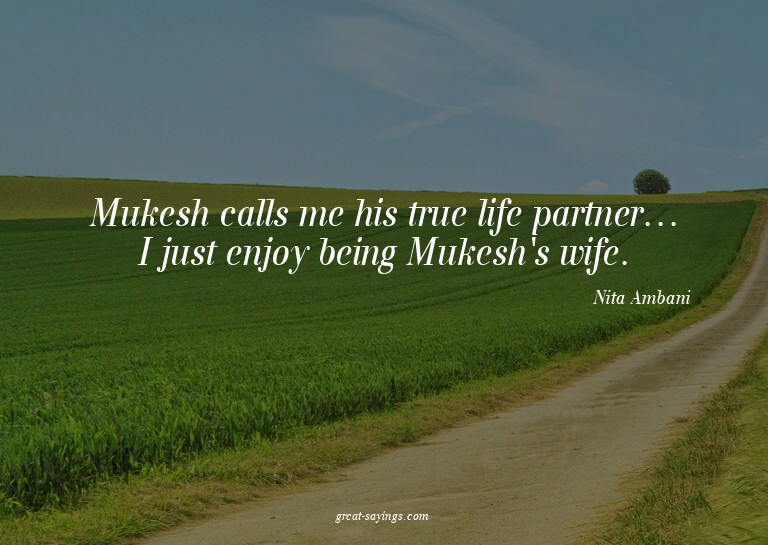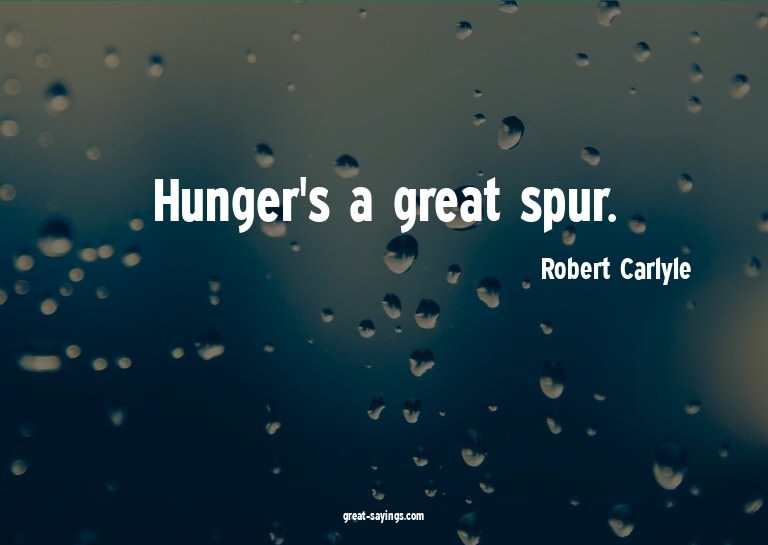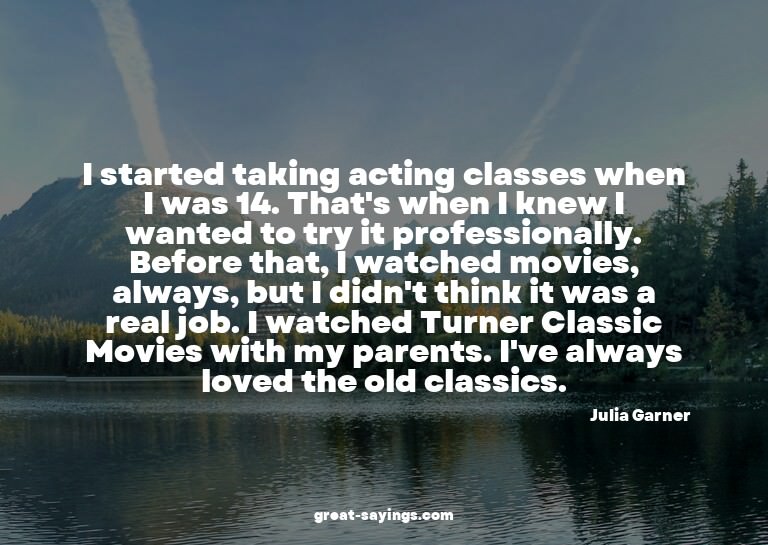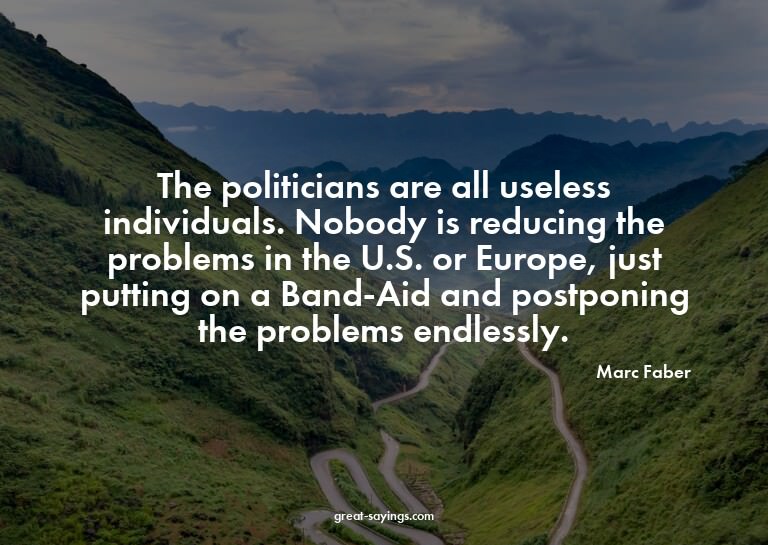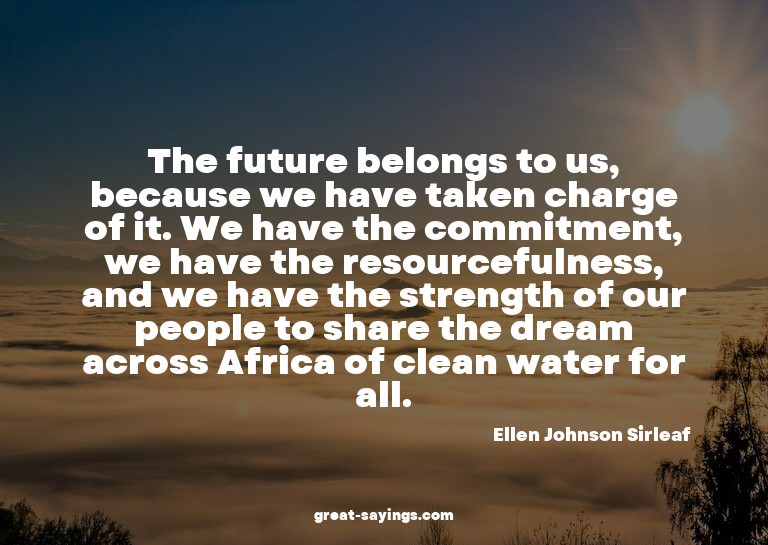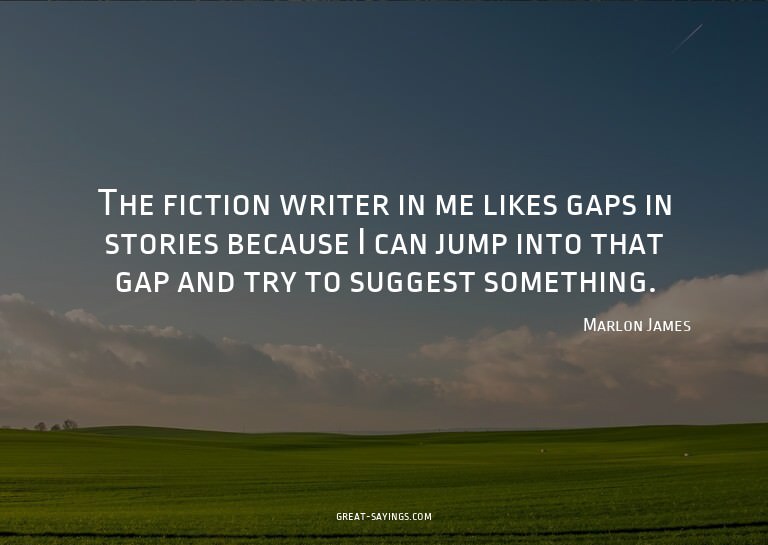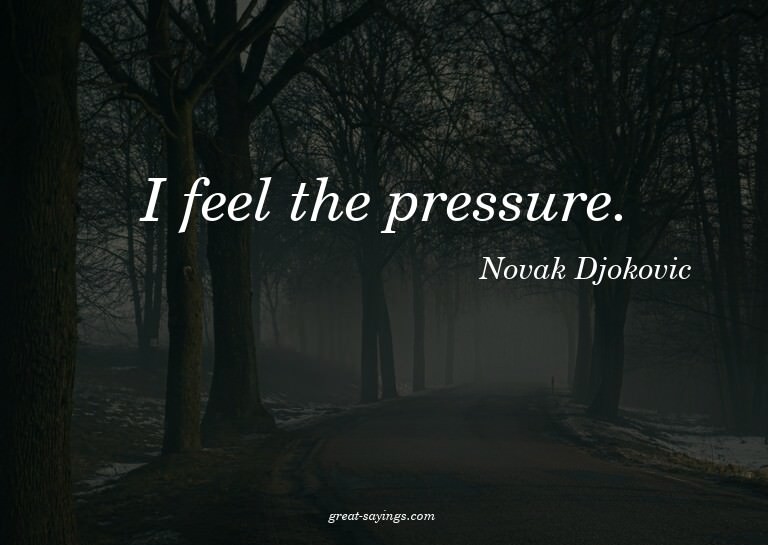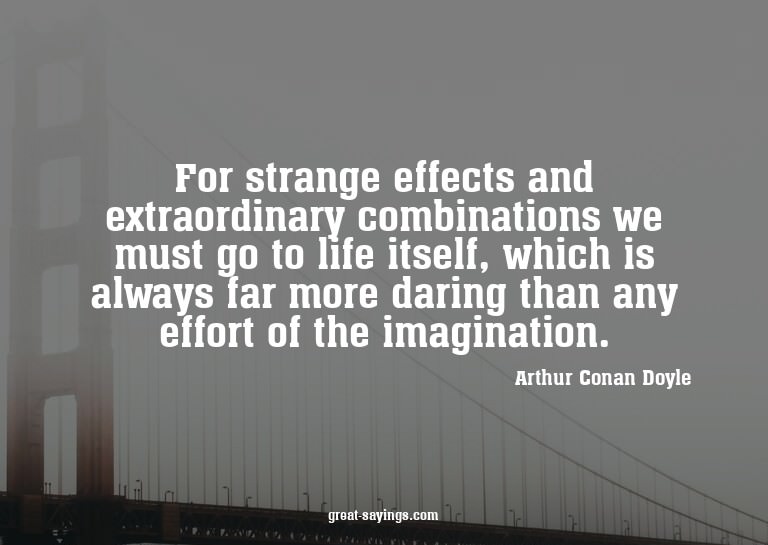Words matter. These are the best Stephanie Coontz Quotes, and they’re great for sharing with your friends.
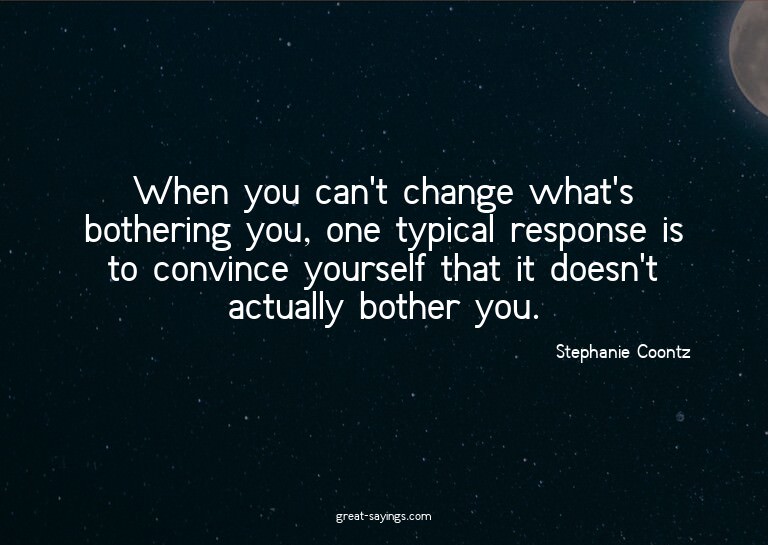
When you can’t change what’s bothering you, one typical response is to convince yourself that it doesn’t actually bother you.
It no longer makes sense to see singlehood and marriage as two distinct and stable social categories that should be accorded different legal rights and social esteem.
In 1992, I critiqued the panic over growing family diversity. My skepticism about the doomsayers has since been proven correct.
Historically, it has required a combination of favorable employment trends and active government intervention to lower the percentage of people in poverty and raise living standards for the working middle class.
Historically, mass demonstrations have worked best at shifting public opinion and pressuring the powers-that-be when organizers highlighted one concrete demand: ‘Bring Our Boys Home from Vietnam’; ‘End Segregation Now’; ‘Support Women’s Right to Choose.’
Social and economic policies constructed around the male breadwinner model have always disadvantaged women.
Rising inequality has changed family dynamics for all socioeconomic groups.
Turning back the inequality revolution may be difficult. But that would certainly help more families – at almost all income levels – than turning back the gender revolution.
Our goal should be to develop work-life policies that enable people to put their gender values into practice. So let’s stop arguing about the hard choices women make and help more women and men avoid such hard choices.
We need to push for work-family practices and policies that allow individuals to customize their work lives according to their changing individual preferences and family obligations, not just their traditional gender roles.
The place where we keep our clothes isn’t always the only place where we keep our commitments.
A primary motivation for introducing no-fault divorce was, in fact, to reduce perjury in the legal system.
Unilateral divorce has decreased the bargaining power of the person who wants the marriage to last and has not engaged in behavior that meets the legal definition of fault. On the other hand, it has increased the bargaining power of the person who is willing to leave.
Americans are right to believe the American Dream is fading. But that dream only became a possibility for white men as a result of the labor struggles and reforms of the New Deal, and it began to extend to minorities and women only after the civil rights and women’s movements of the 1960s and 1970s.
When liberals dismiss all Trump supporters as racists, this only fuels their anger.
As Americans lose the wider face-to-face ties that build social trust, they become more dependent on romantic relationships for intimacy and deep communication and more vulnerable to isolation if a relationship breaks down.
To my mind, it is better to have regrets about the good aspects of your former marriage because you were able to work past some of your accumulated resentments than to have no regrets because you had to ratchet up the hostility to get out in the first place.
I’ve had the kind of complex life I write about. I was a single mother for 12 years. I’d been engaged. The wedding fell through. I then discovered I was pregnant and opted to have the child on my own. I was a professor. I was in my mid-30s. I could manage it financially.
No single choice about how to organize work and family life is right or possible – for every family. And every choice has tradeoffs.
In 1975, which was the height of the women’s movement, I thought I’d write a book on women’s history. But in searching for a topic, I realized that there were few places in history where men and women interacted. Finally, it hit me: ‘Oh, look at the family. That’s the one place.’
Establishing a ‘livable wage’ floor would immediately reduce the gap in average pay between American women and men.
As soon as love became the driving force behind marriage, people began to demand the right to remain single if they had not found love or to divorce if they fell out of love.
Why do people – gay or straight – need the state’s permission to marry? For most of Western history, they didn’t, because marriage was a private contract between two families. The parents’ agreement to the match, not the approval of church or state, was what confirmed its validity.
Using the existence of a marriage license to determine when the state should protect interpersonal relationships is increasingly impractical.
Heterosexuals were the upstarts who turned marriage into a voluntary love relationship rather than a mandatory economic and political institution.
Especially around Valentine’s Day, it’s easy to find advice about sustaining a successful marriage, with suggestions for ‘date nights’ and romantic dinners for two. But as we spend more and more of our lives outside marriage, it’s equally important to cultivate the skills of successful singlehood.
Some people may long for an era when divorce was still hard to come by. The spread of no-fault divorce has reduced the bargaining power of whichever spouse is more interested in continuing the relationship. And the breakup of such marriages has caused pain for many families.
Many alternatives to traditional marriage have emerged. People feel free to shop around, experimenting with several living arrangements in succession. And when people do marry, they have different expectations and goals.
Contrary to the fears of some pundits, the ascent of women does not portend the end of men. It offers a new beginning for both. But women’s progress by itself is not a panacea for America’s inequities.
I am not arguing that women ought to ‘settle.’ I am arguing that we can now expect more of a mate than we could when we depended on men for our financial security, social status, and sense of accomplishment.
Whatever their relative valuation of the single and married states, most societies in history made sharp distinctions between those who married and those who remained single: They were seen as mutually exclusive ways of life, with different legal rights and social obligations.
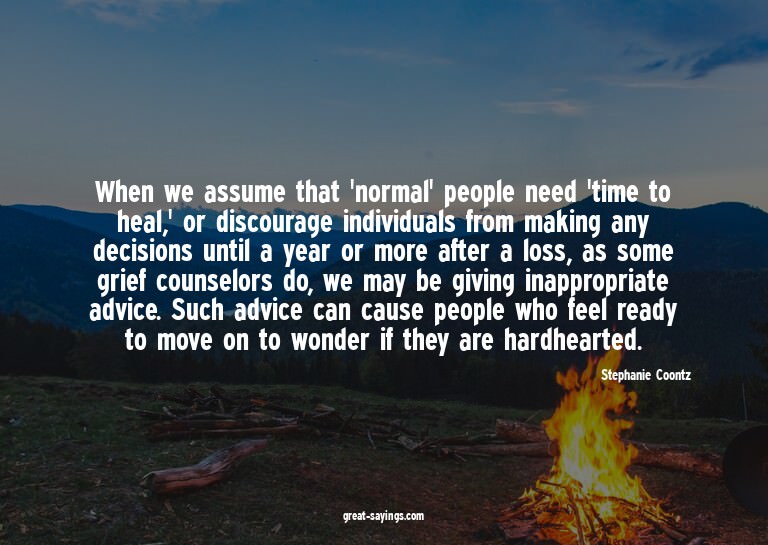
When we assume that ‘normal’ people need ‘time to heal,’ or discourage individuals from making any decisions until a year or more after a loss, as some grief counselors do, we may be giving inappropriate advice. Such advice can cause people who feel ready to move on to wonder if they are hardhearted.
Couples need time alone to renew their relationship. They also need to sustain supportive networks of friends and family.
Labeling people single parents, for example, when they may in fact be co-parenting – either with an unmarried other parent in the home or with an ex-spouse in a joint custody situation – stigmatizes their children as the products of ‘single parenthood’ and makes the uncounted parent invisible to society.
Cooking ought to be, quite literally, child’s play. And every child ought to have access to the game. Just don’t tell them it’s healthy.
Putting women’s traditional needs at the center of social planning is not reverse sexism. It’s the best way to reverse the increasing economic vulnerability of men and women alike.
Graduating from high school is certainly a good idea, but it’s no longer much protection against poverty.
Presidents Reagan and the first George Bush never used the vile language of some Trump supporters, but both blamed scarce resources and decaying communities on ‘welfare queens’ and black criminals like Willie Horton.
Usually, Valentine’s Day comes and goes with just a day or two of news media attention to courtship and marriage.
Marriage is no longer the main way in which societies regulate sexuality and parenting or organize the division of labor between men and women.
Economically as well as emotionally, modern marriage has become like an affluent gated community. It has become harder for low-income Americans to enter and sustain.
Because we live so much of our adult lives as singles, it no longer makes sense to assume that marriage is the only way people will organize their obligations and commitments.
As a historian, I’ve spent much of my career warning people about the dangers of nostalgia.
It’s always seductive to know where one stands in relation to the average.
In personal life, the warm glow of nostalgia amplifies good memories and minimizes bad ones about experiences and relationships, encouraging us to revisit and renew our ties with friends and family. It always involves a little harmless self-deception, like forgetting the pain of childbirth.
The real gender inequality in marriage stems from the tendency to regard women as the default parent, the one who, in the absence of family-friendly work policies, is expected to adjust her paid work to shoulder the brunt of domestic responsibilities.
There is no denying that we have made great progress toward gender equality.
Deciding together to have a child and sharing in child-rearing do not immunize a marriage. Indeed, collaborative couples can face other problems. They often embark on such an intense style of parenting that they end up paying less attention to each other.
Valentine’s Day is a perfect time to reject the idea that the ideal man is taller, richer, more knowledgeable, more renowned, or more powerful.
Pages: 1 2

